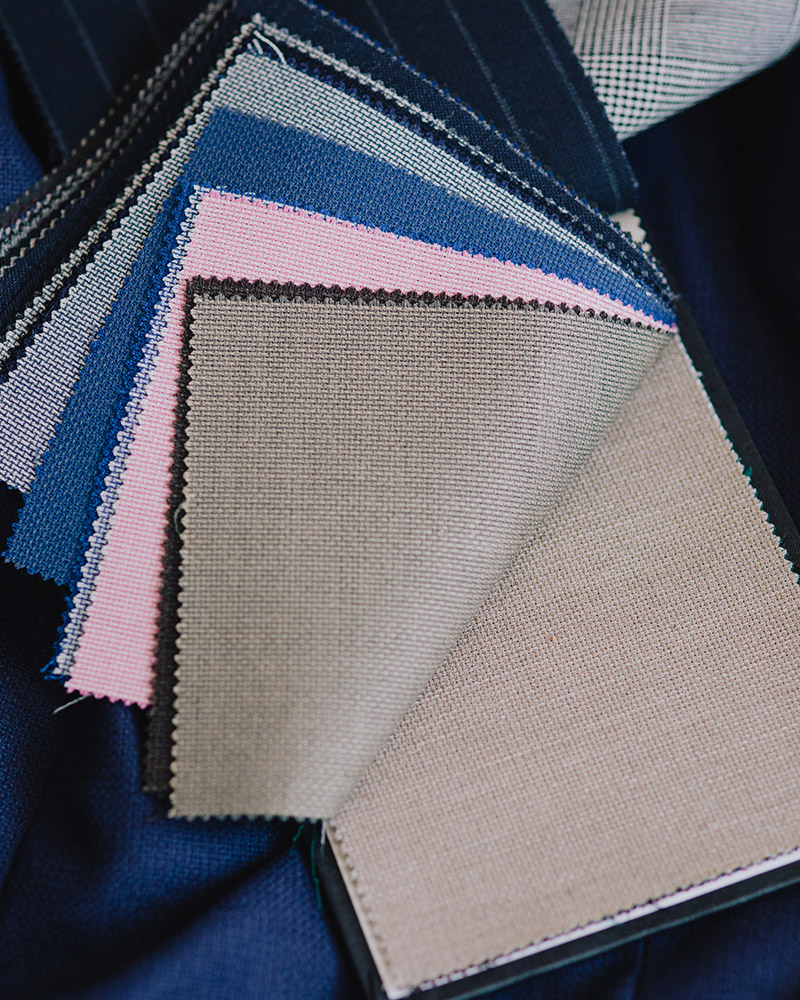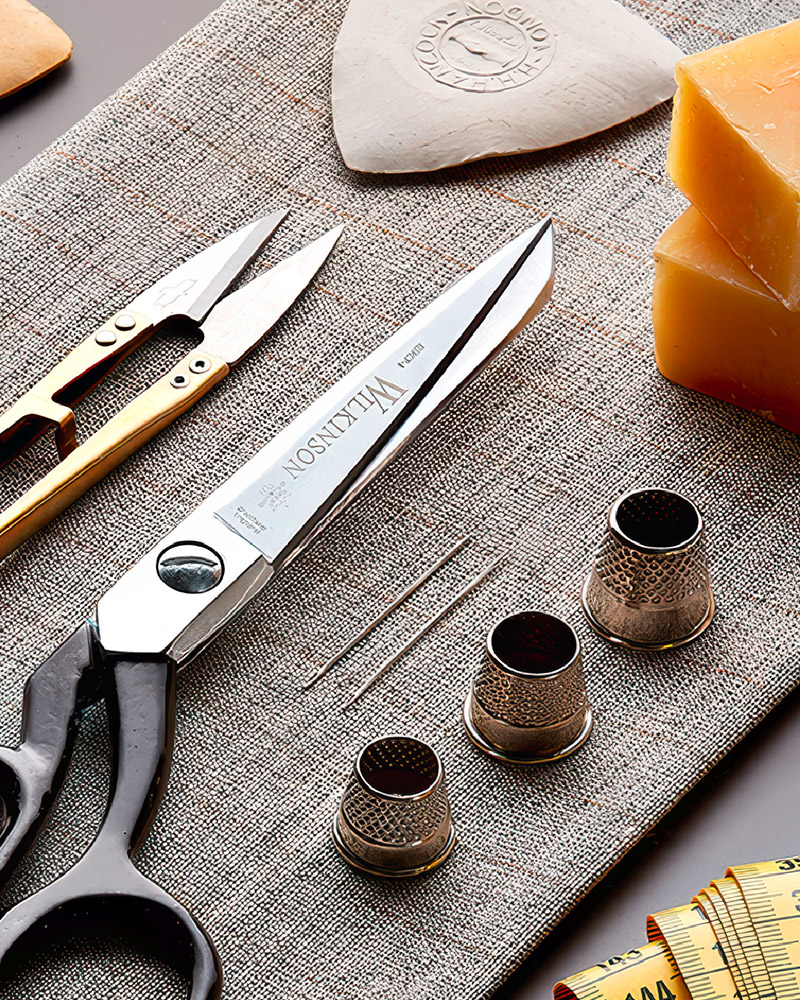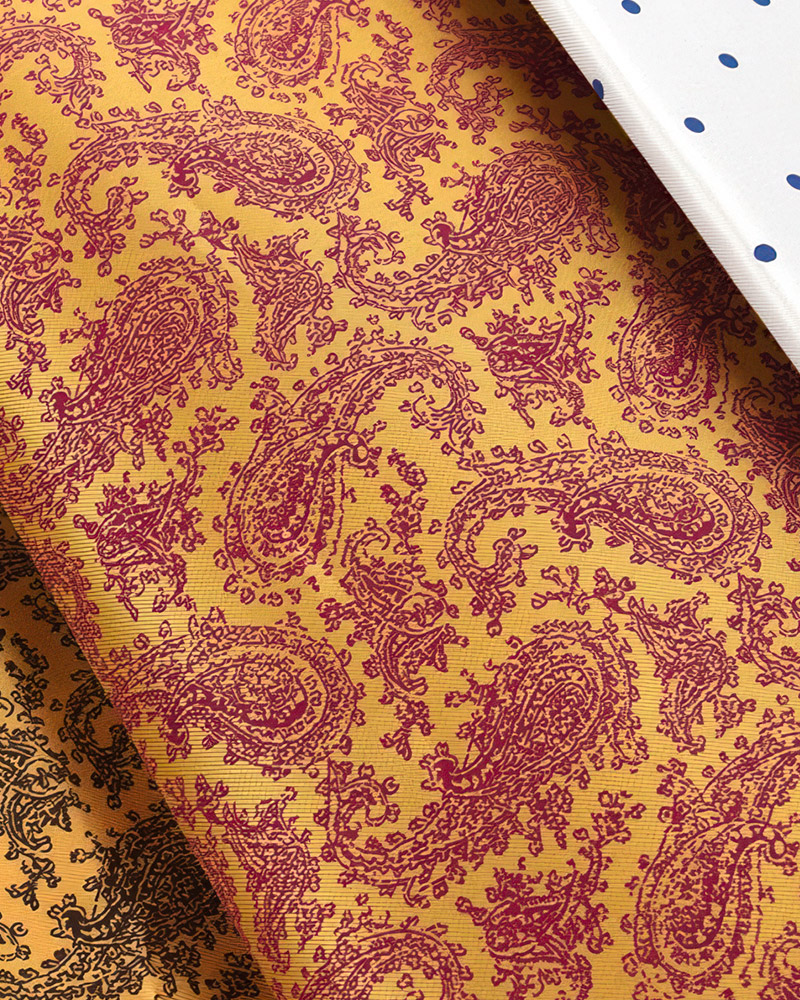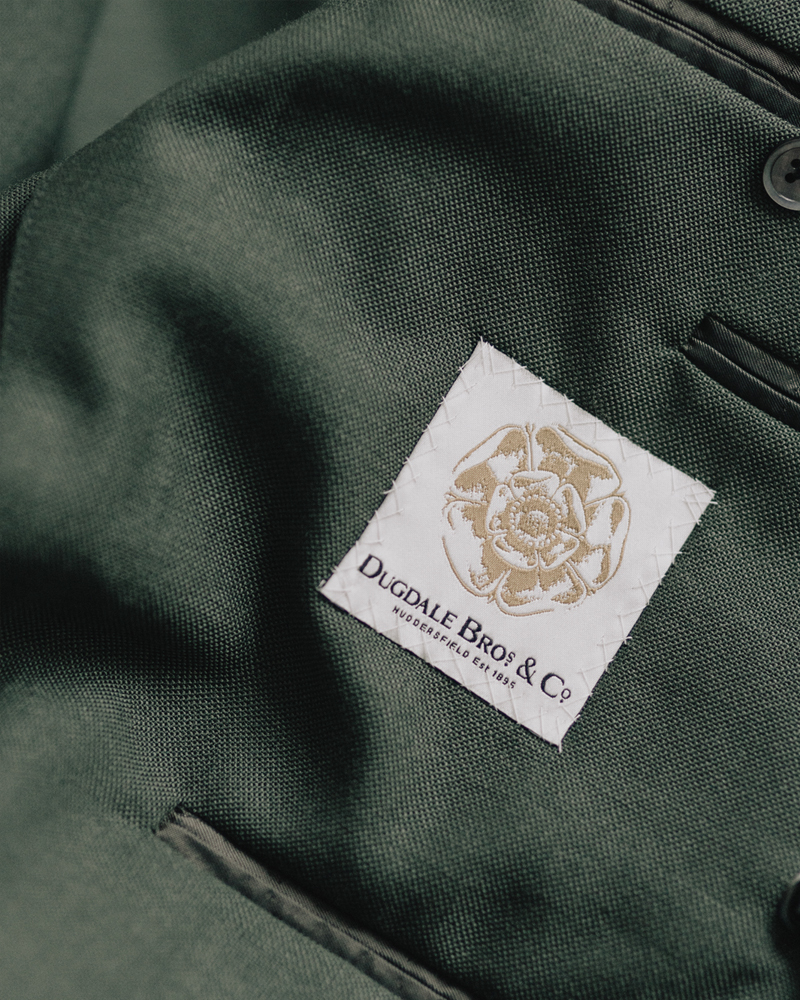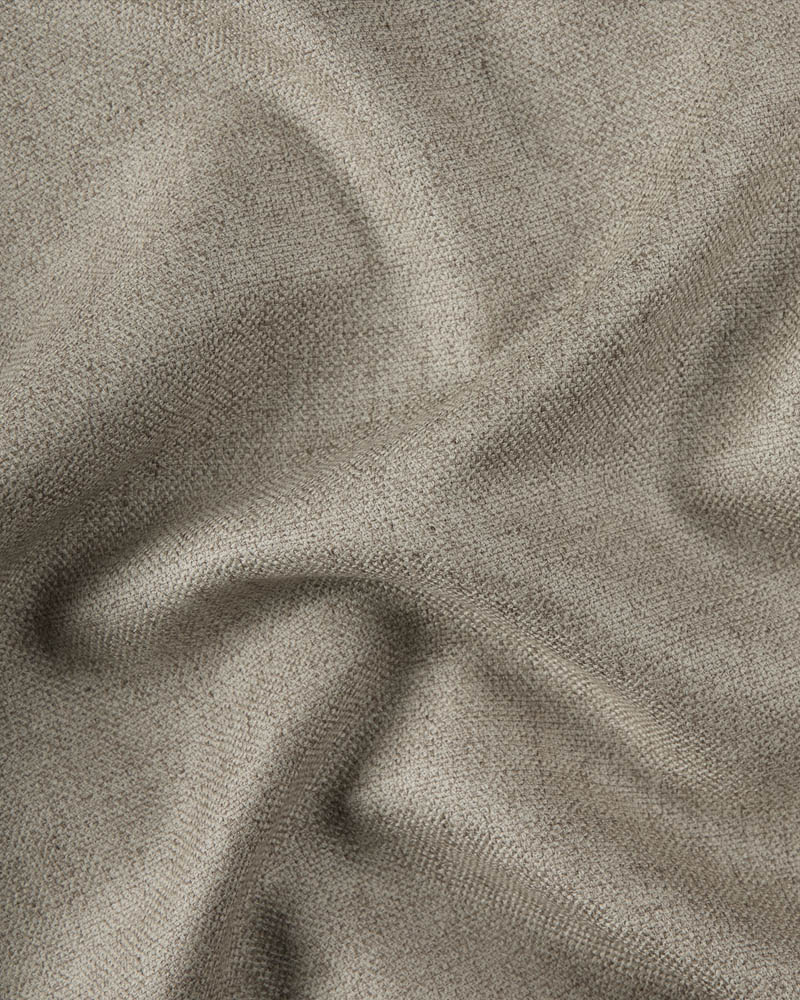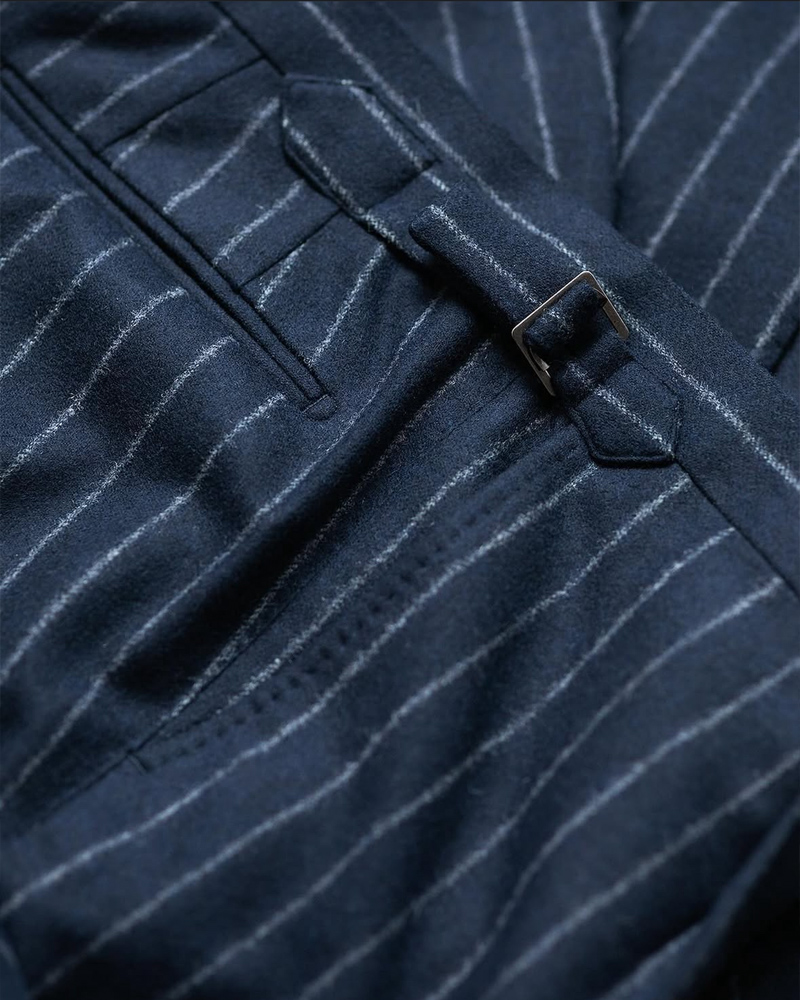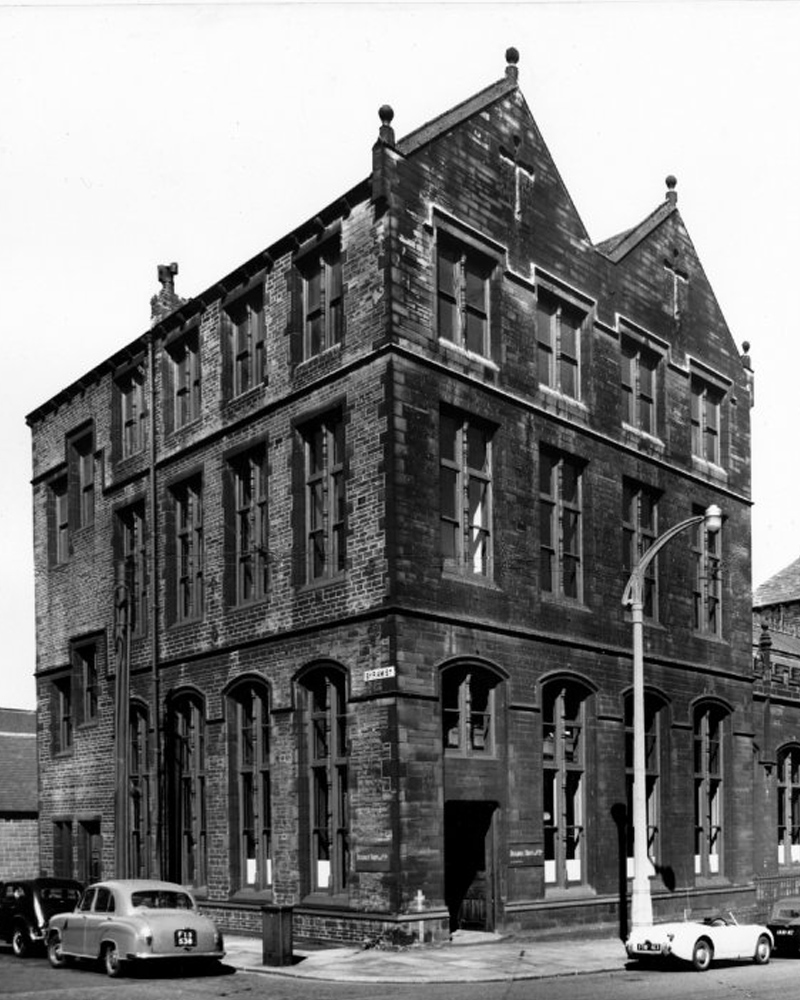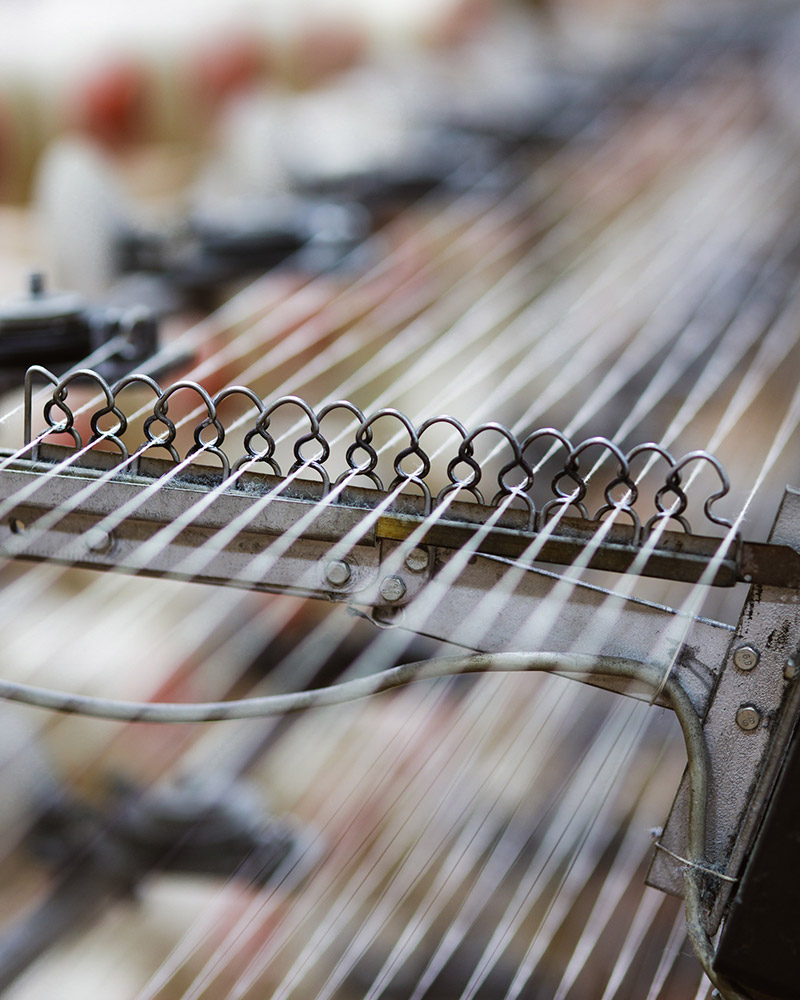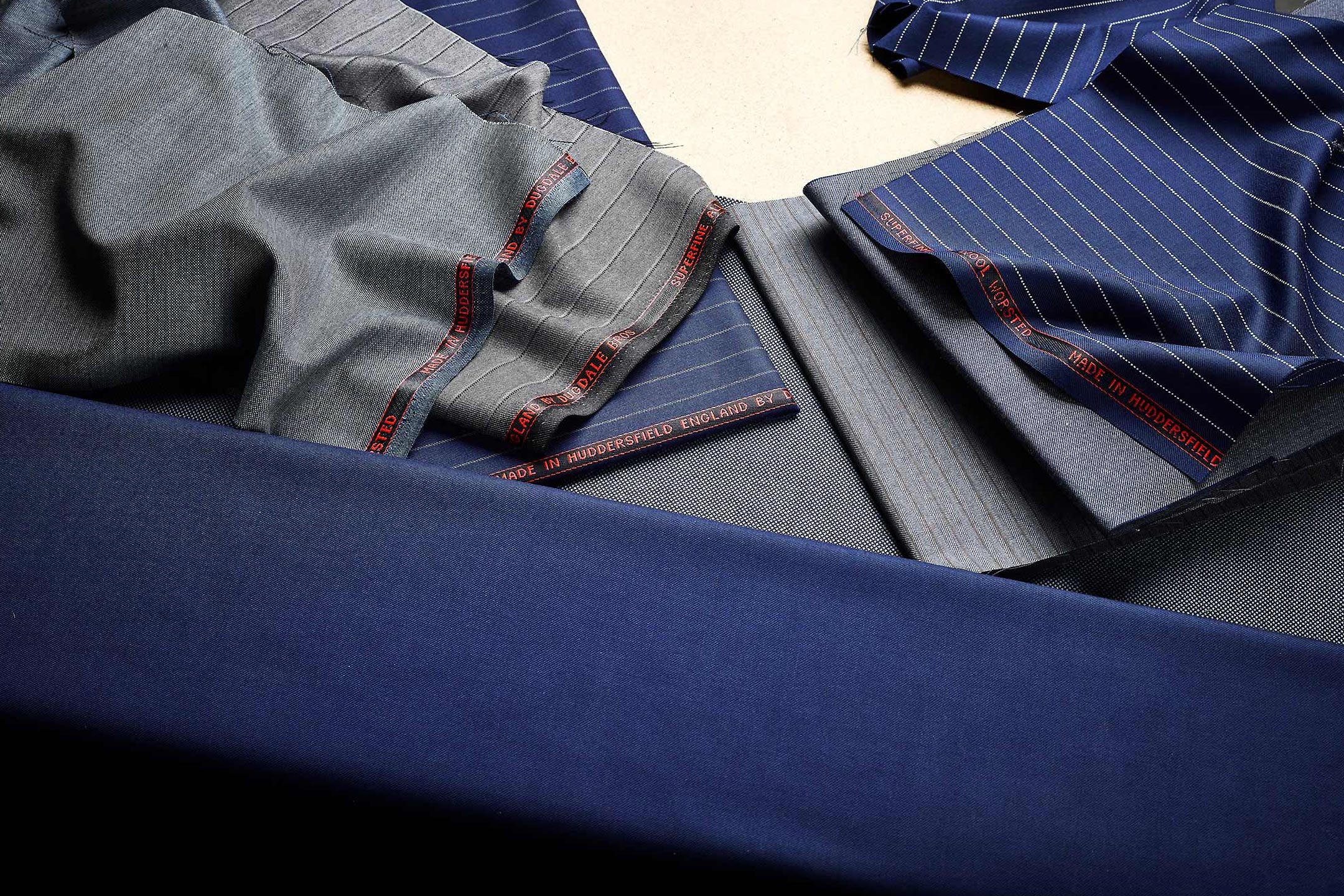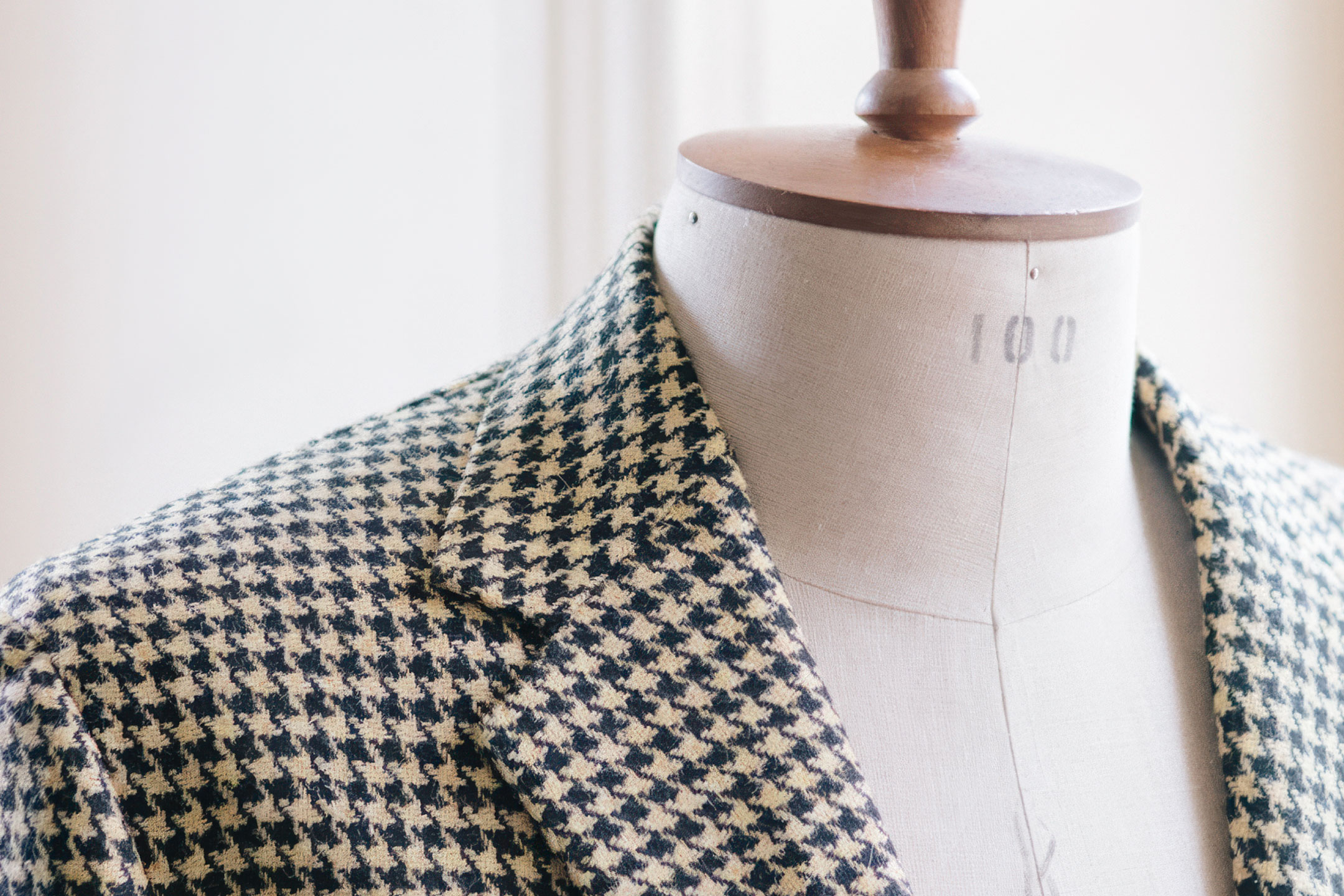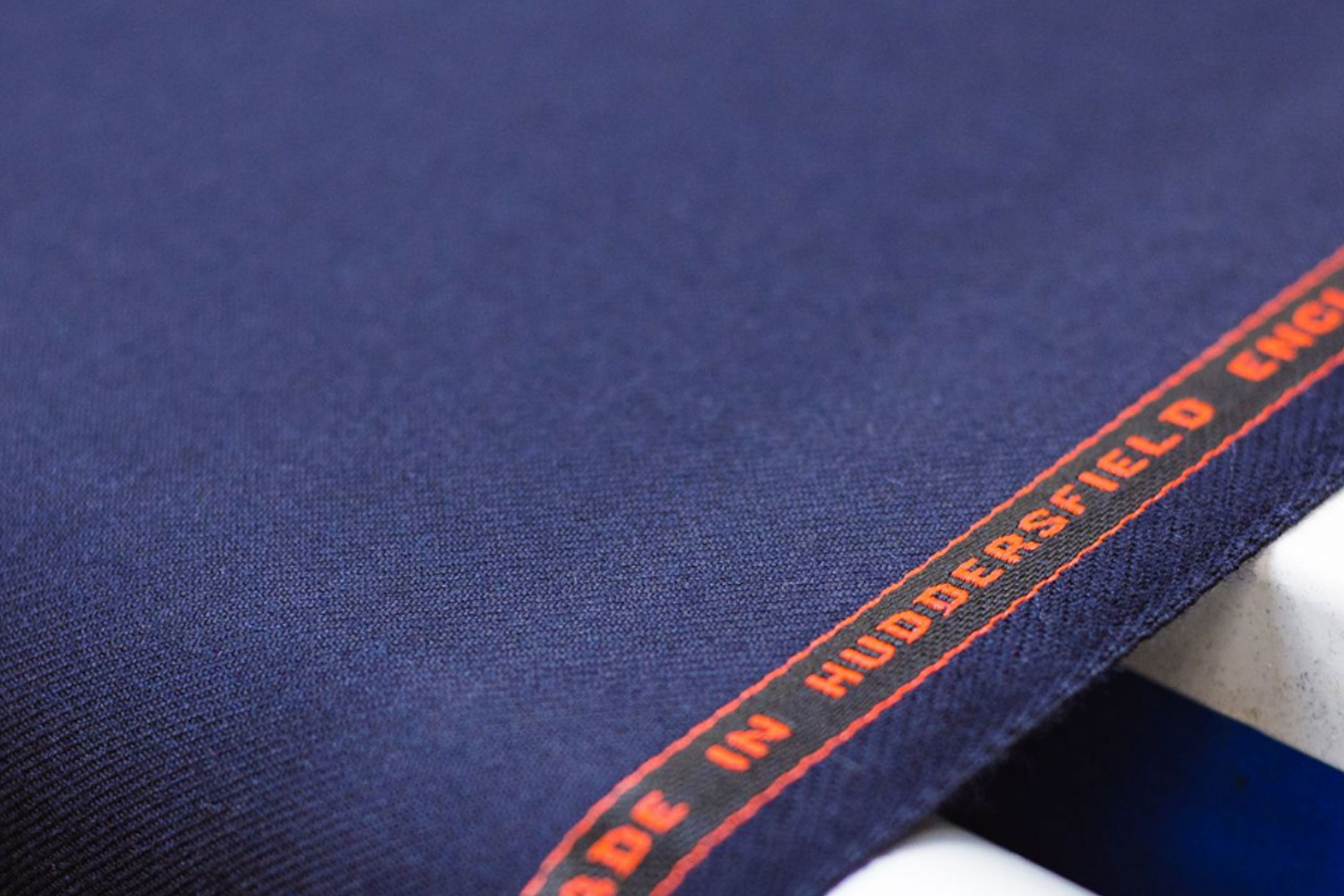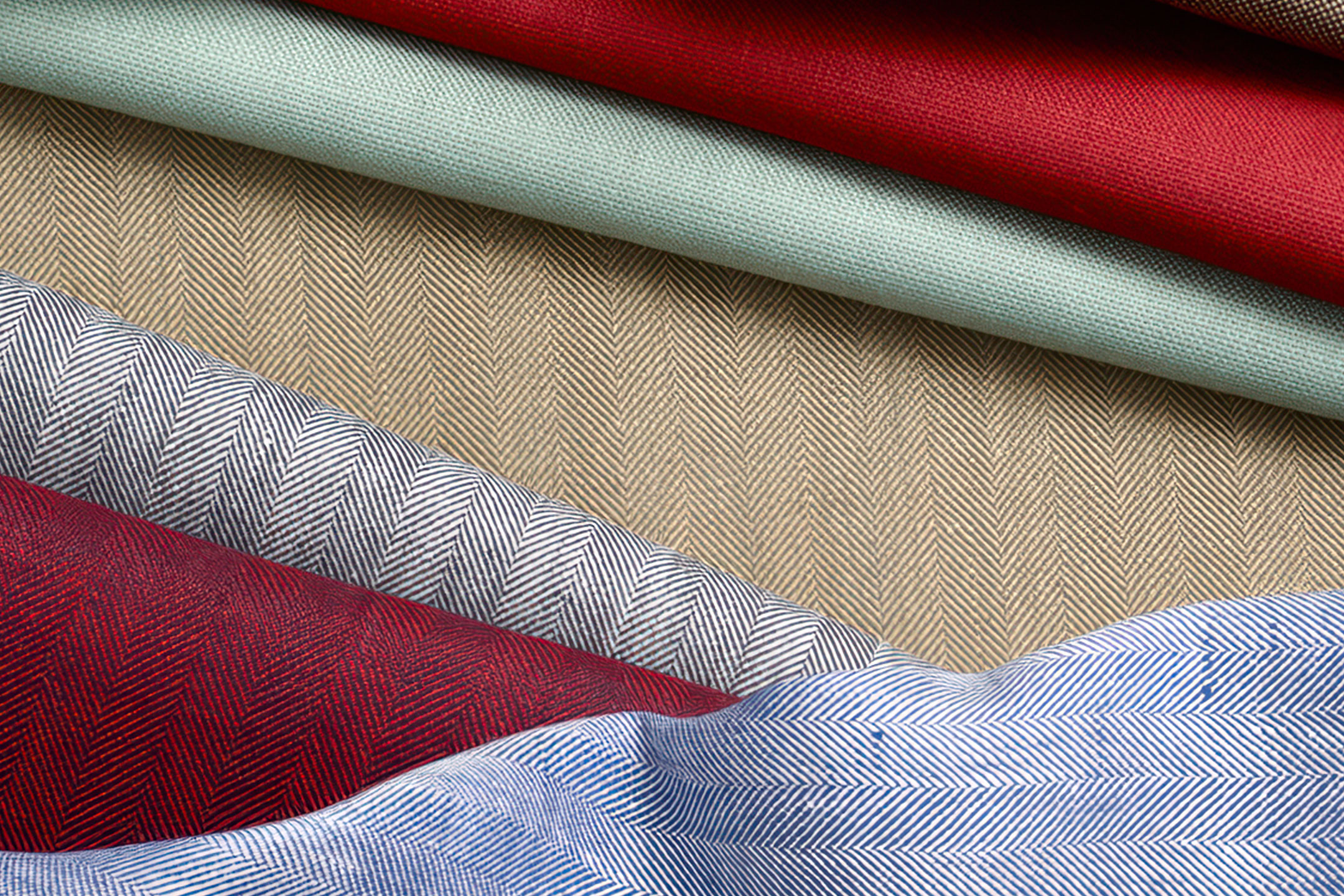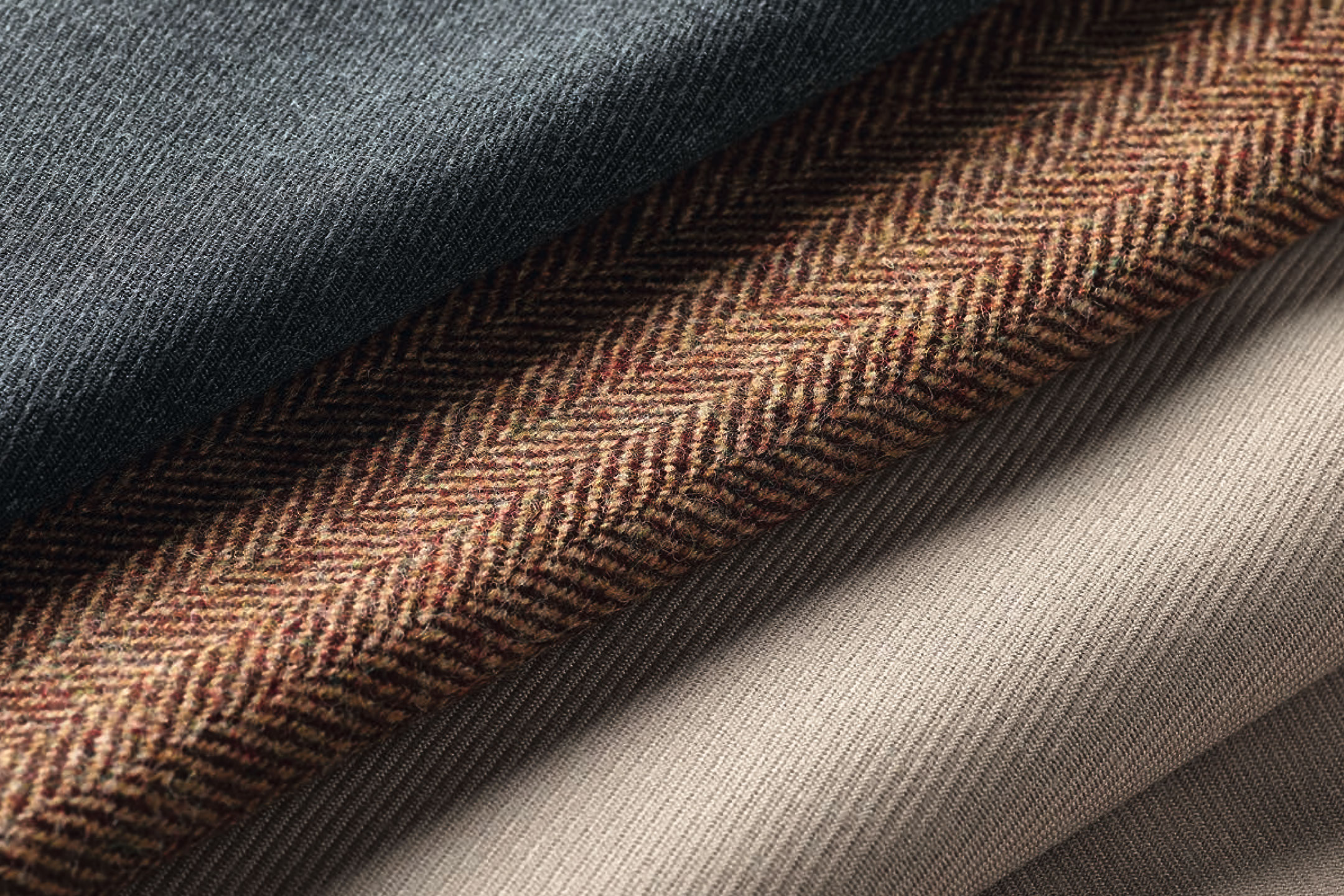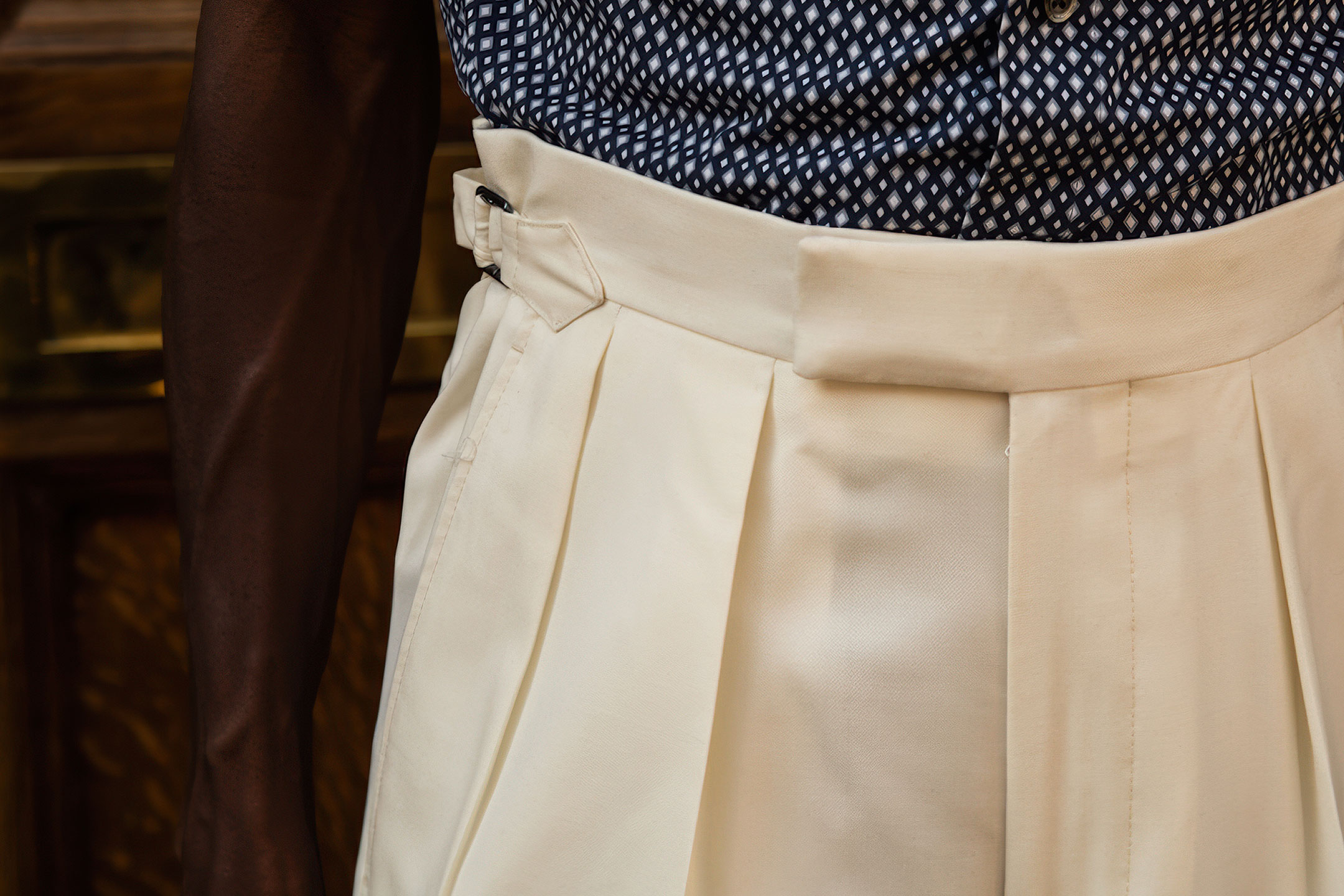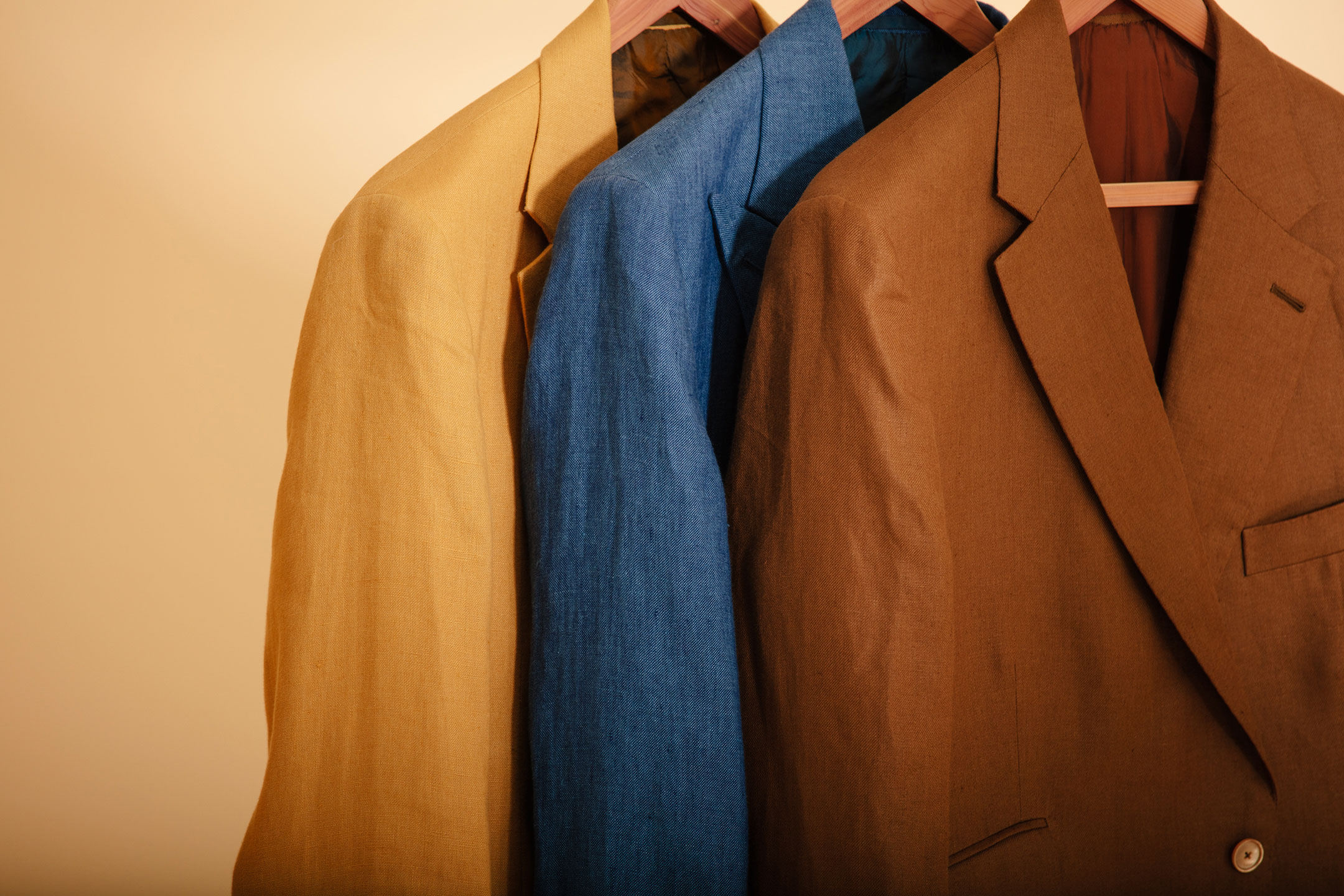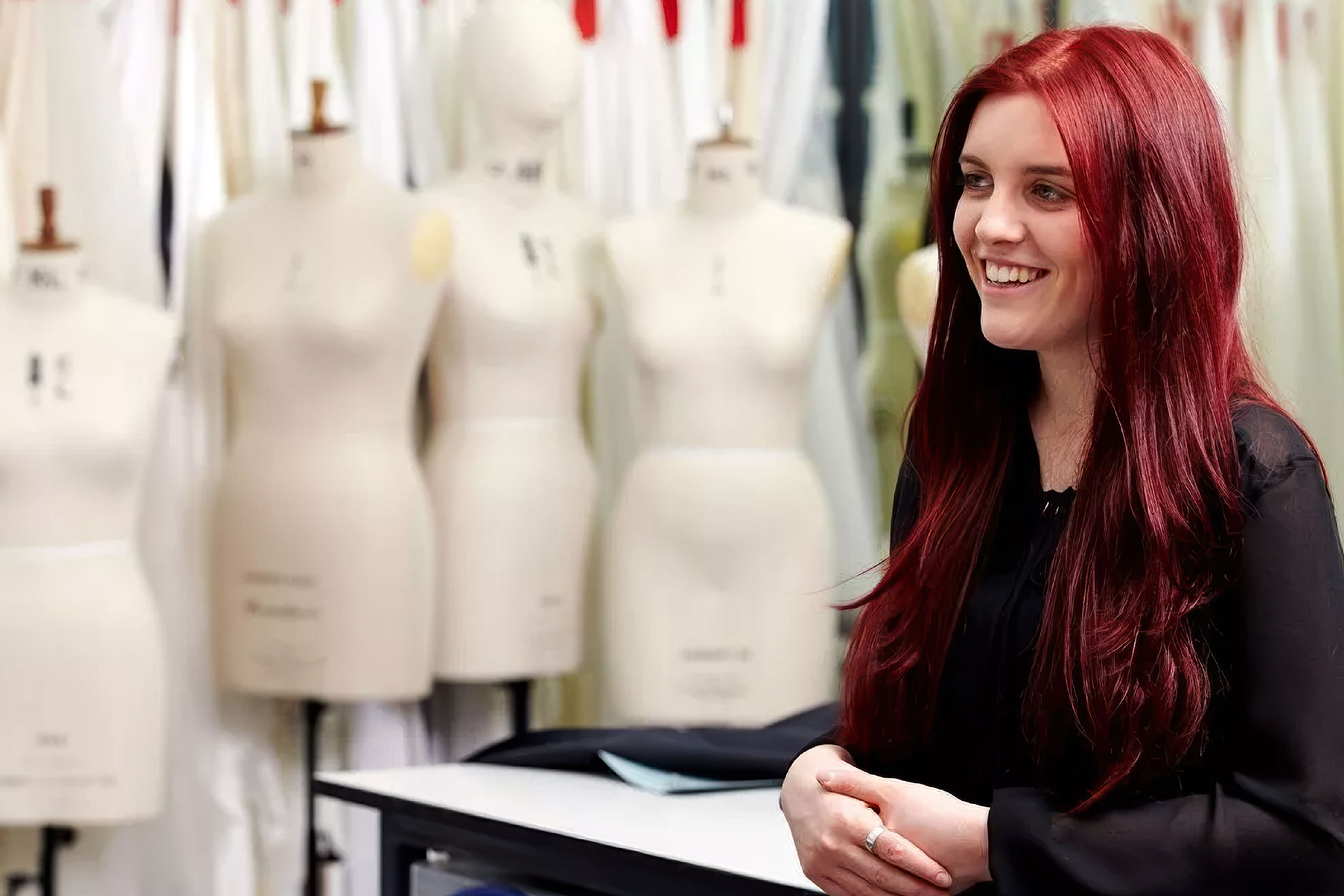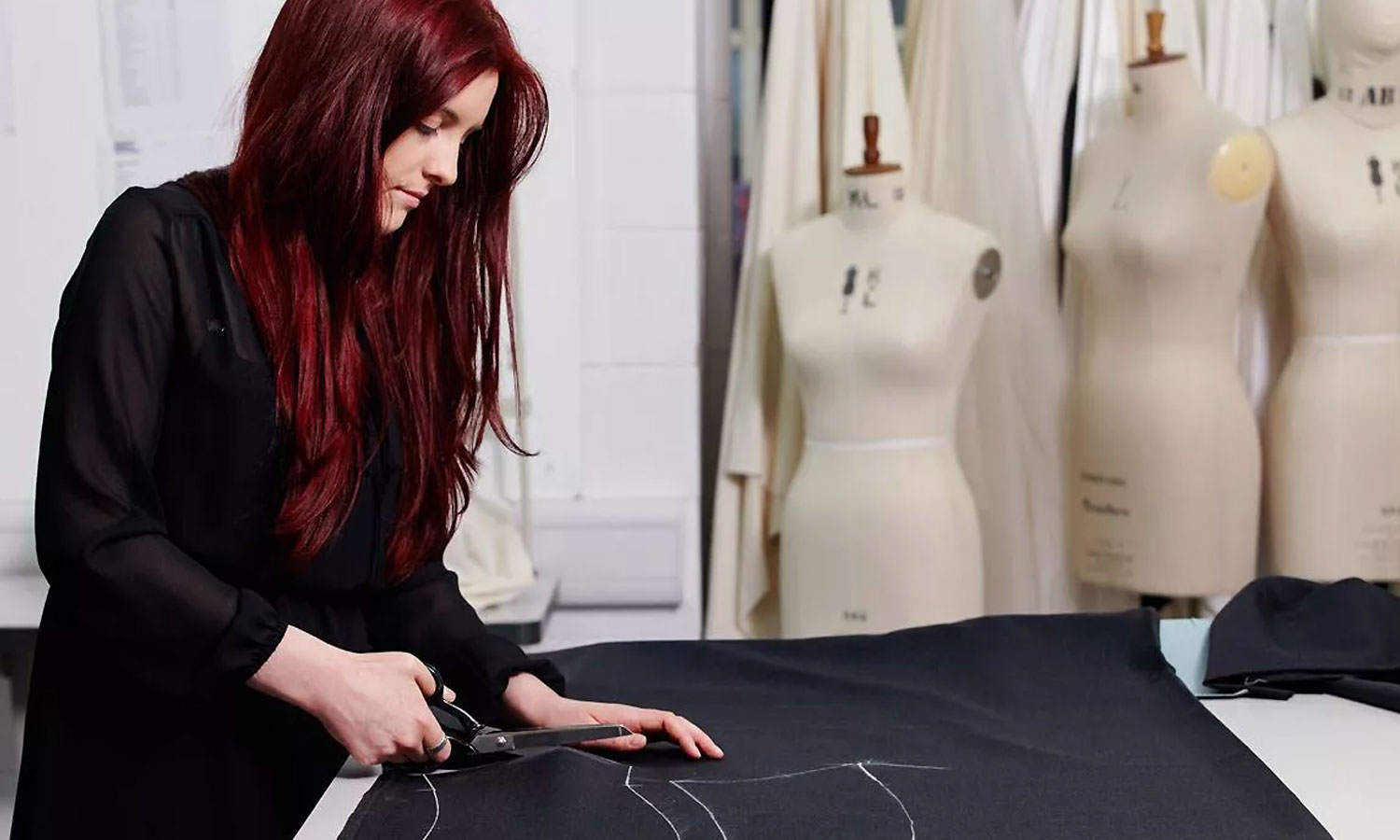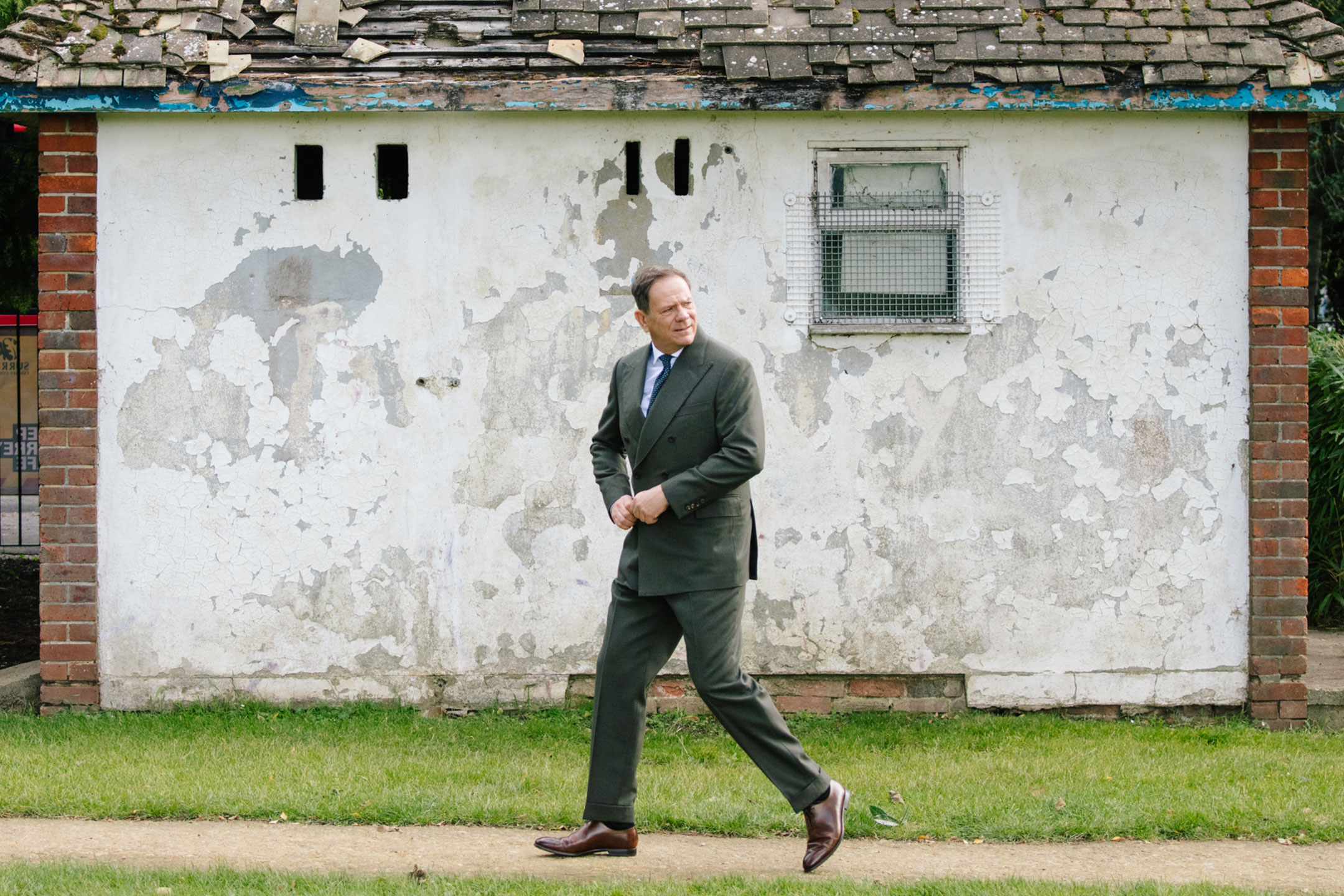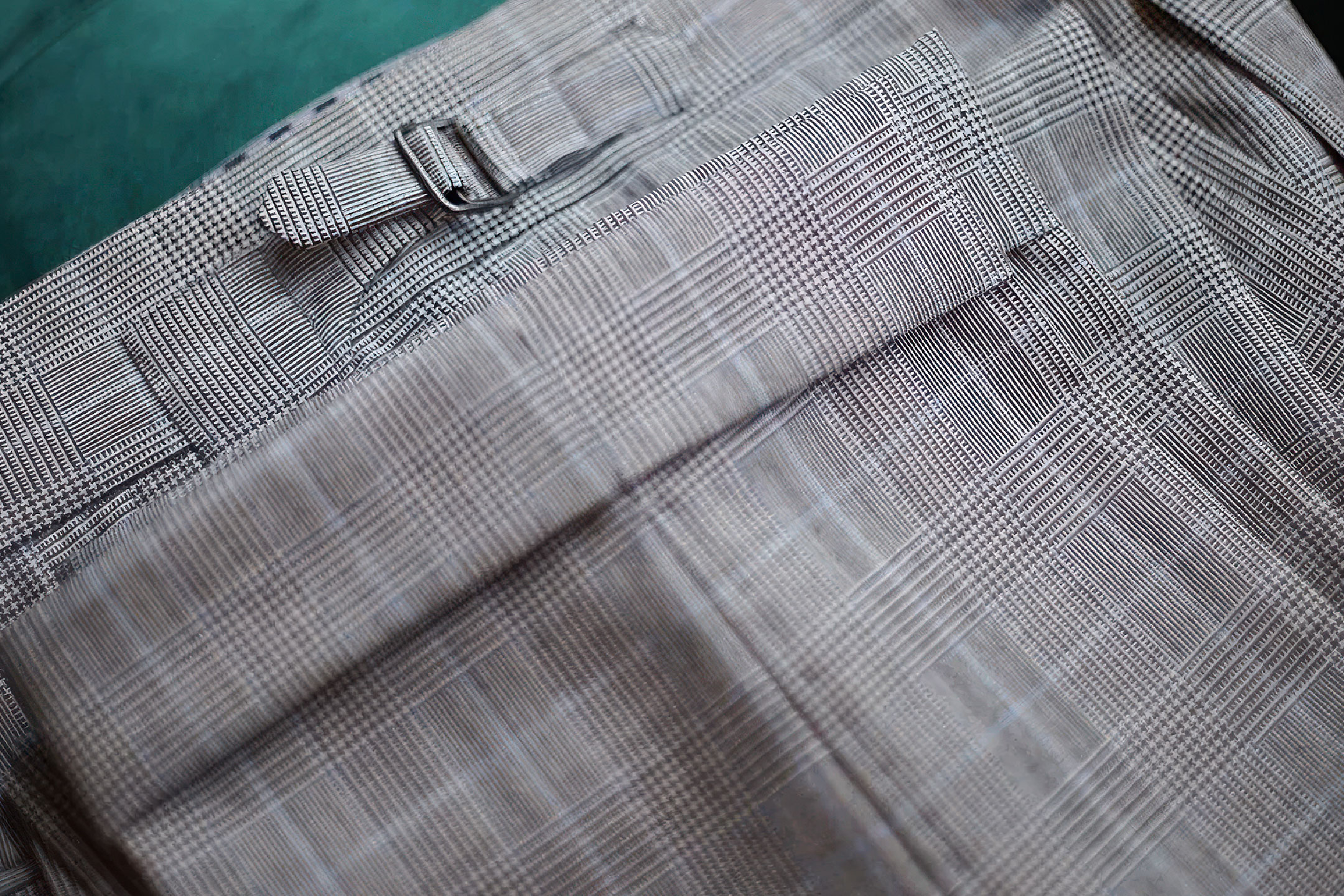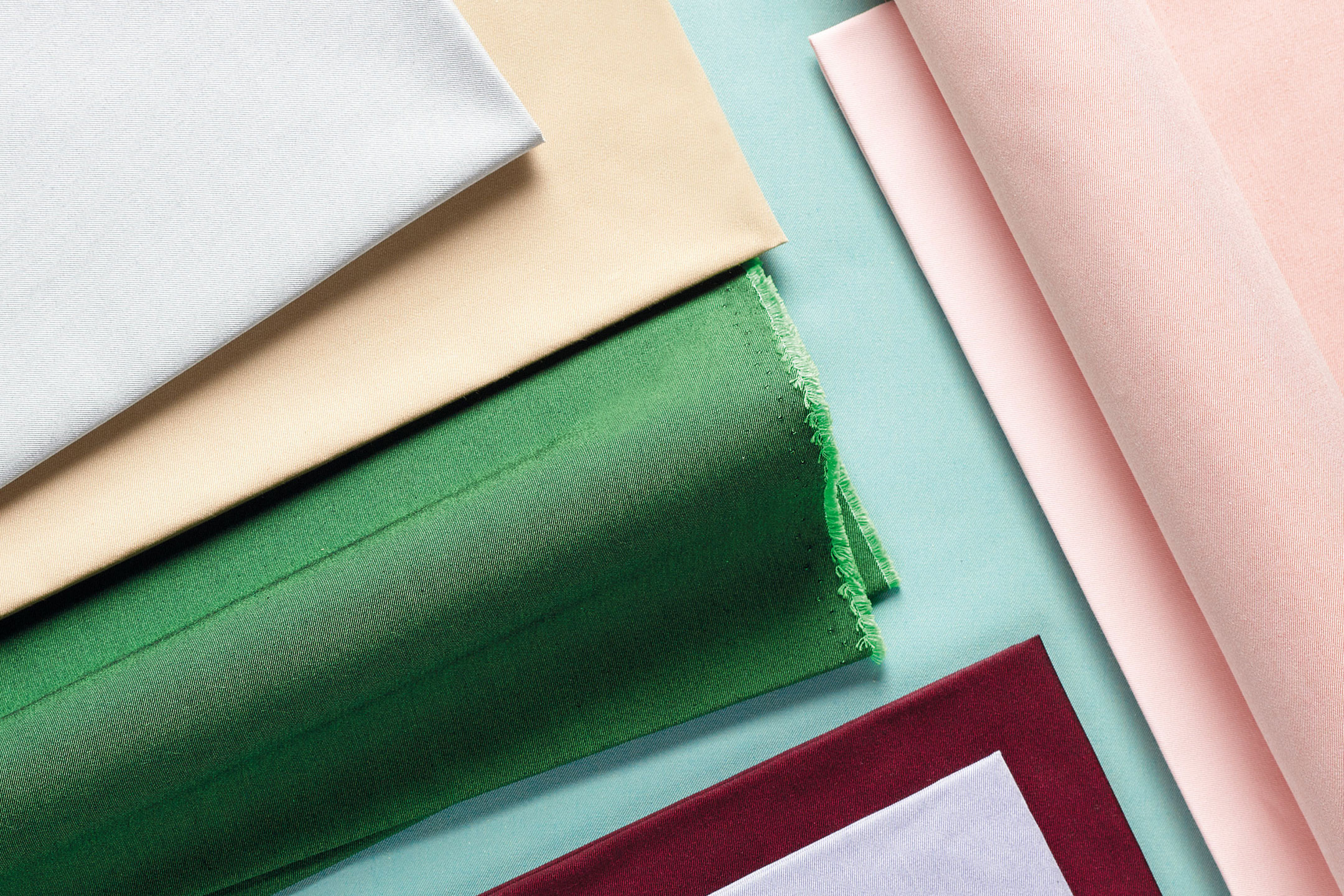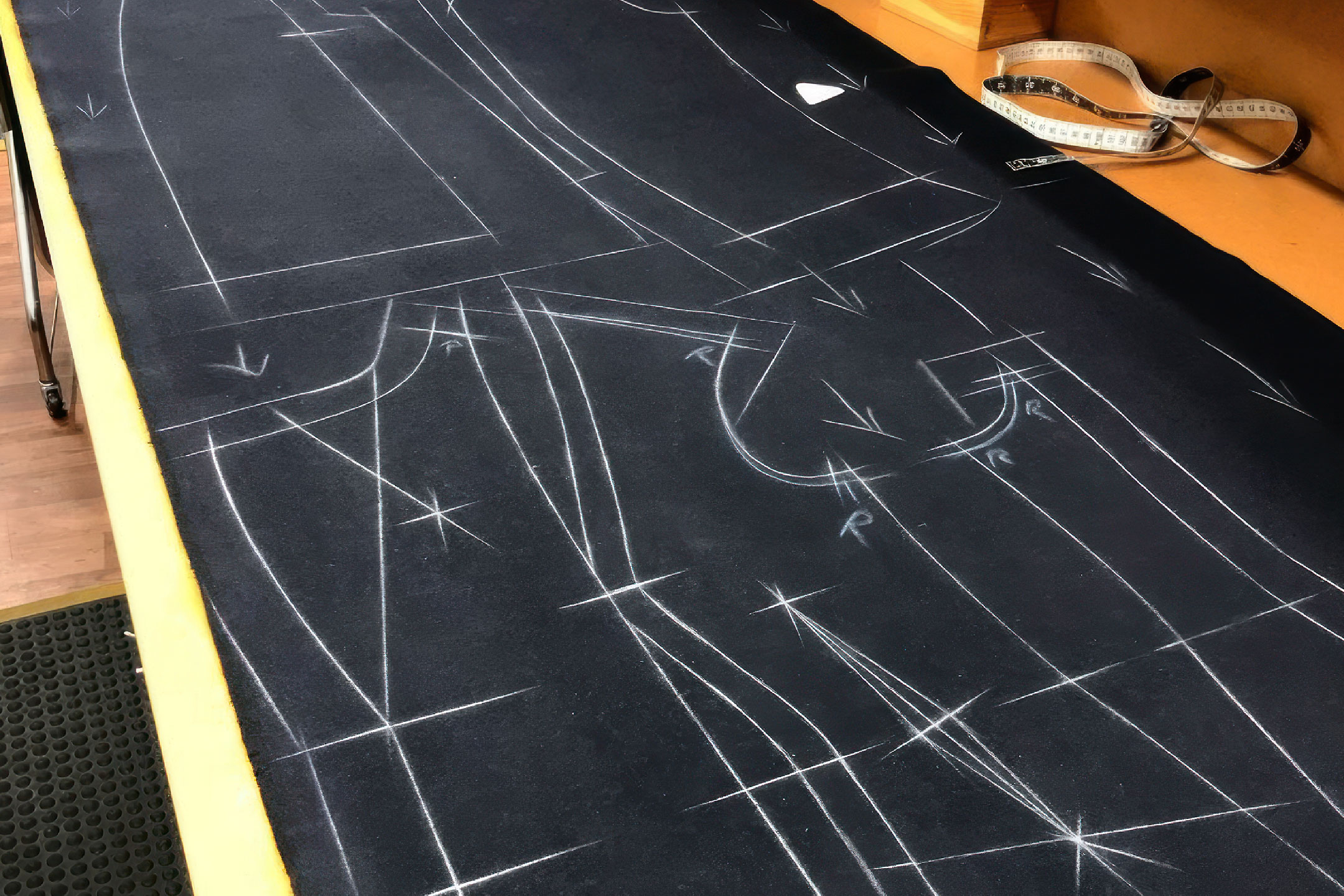Tools of the Trade: Hancock’s Garment Marking Chalk
We pay homage to those brands whose enduring renown and reliability have won our loyalty over the years and whom we continually trust to provide us with premium-quality products. The first of these is Hancock’s Marking Media, whose Garment Marking Chalk has become a mainstay in the tailoring world.
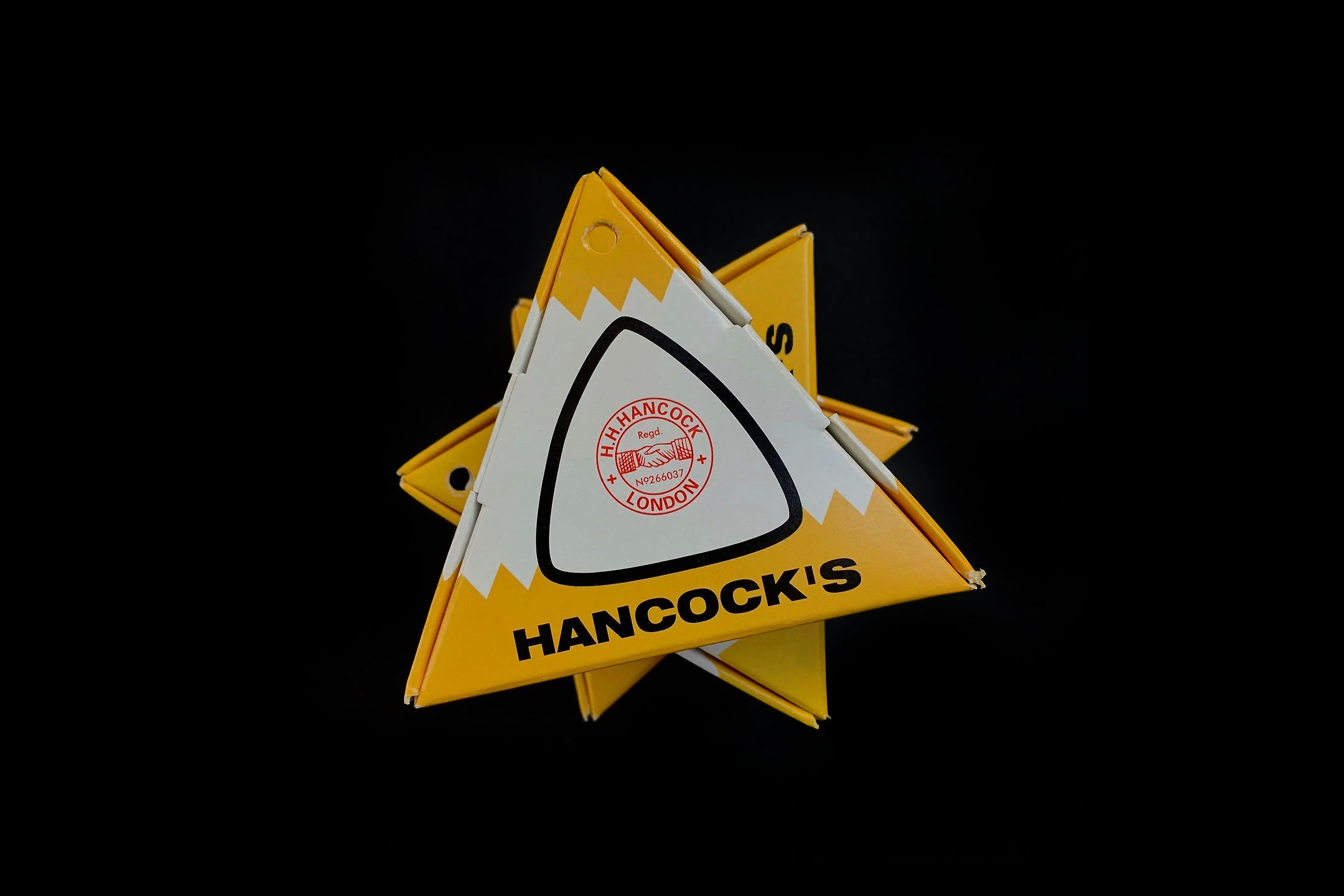
The history
The story of the Hancock’s brand that we know today began in 1867 – before ours had even commenced. Timothy & Sandwith was a family business that operated as a manufacturing chemist within the Bracknell and Ascot area. In 1904, the company acquired a small tailors’ crayon and pipe-clay producer for a grand sum of £100, which is where its chalk chapter started.
Twenty years later this side of the business was ripe for expansion, and so Timothy & Sandwith purchased its main rival within the industry – Horace H. Hancock of Battersea. This saw production being moved to the Bracknell factory, and the introduction of London Wax Crayons into the range of supplies.
The 1930s then saw sales of tailors’ chalks increasing significantly – particularly through exports to the Far East. Fast forward to 1960, and the decision was eventually made to separate the chalk division from the rest of the company, with a name change to Rowland Sandwith Ltd. Vanishing and fluorescent markers were added to the expanding collections, followed by an industrial range of wax crayon markers in the 1980s.
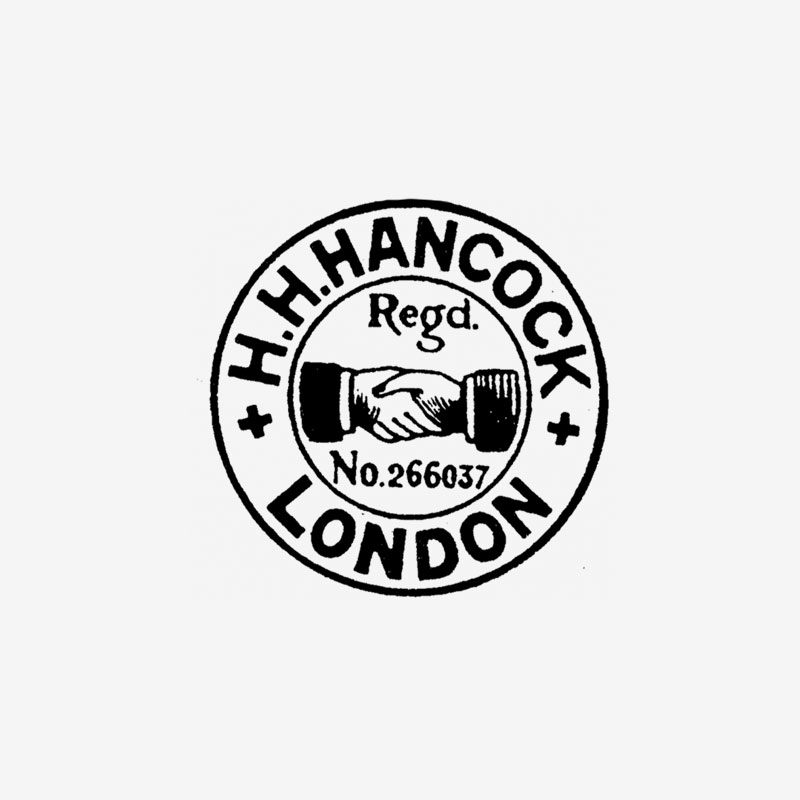
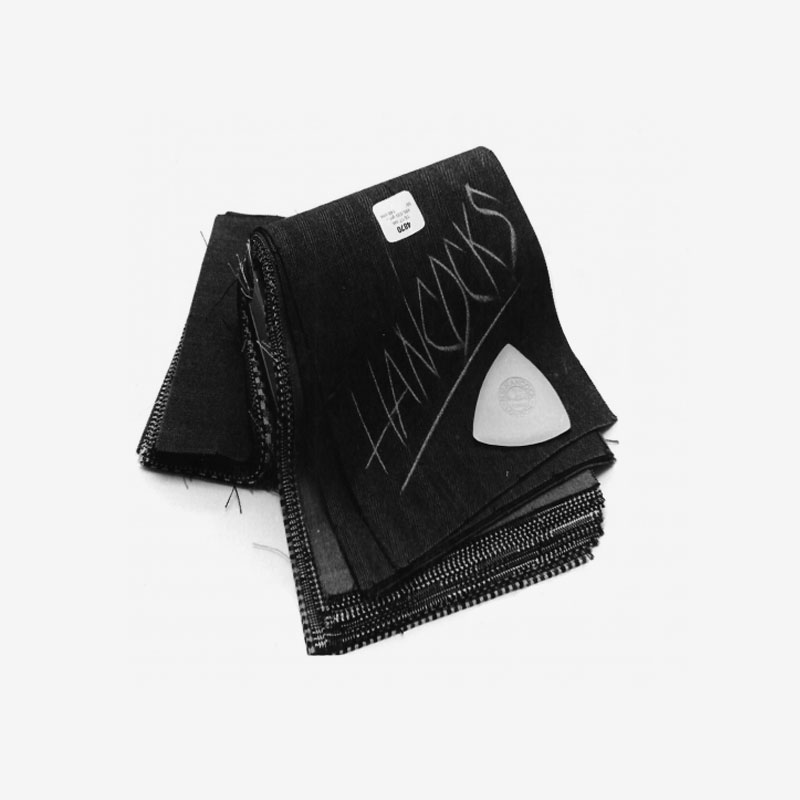
A devastating fire in 1989 destroyed the factory and most of the machinery within, but the company – now in its fifth generation – rose from the ashes and used the opportunity to streamline its manufacturing process. A new facility was built and specialist modern equipment installed.
The 1990s then saw the family business branching out into animal markers, purchasing Mastermark as part of this expansion.
Today, Hancock’s Marking Media remains a leader in the tailoring world for its time-honoured chalks, with its clasped hand logo symbolising these lasting partnerships.
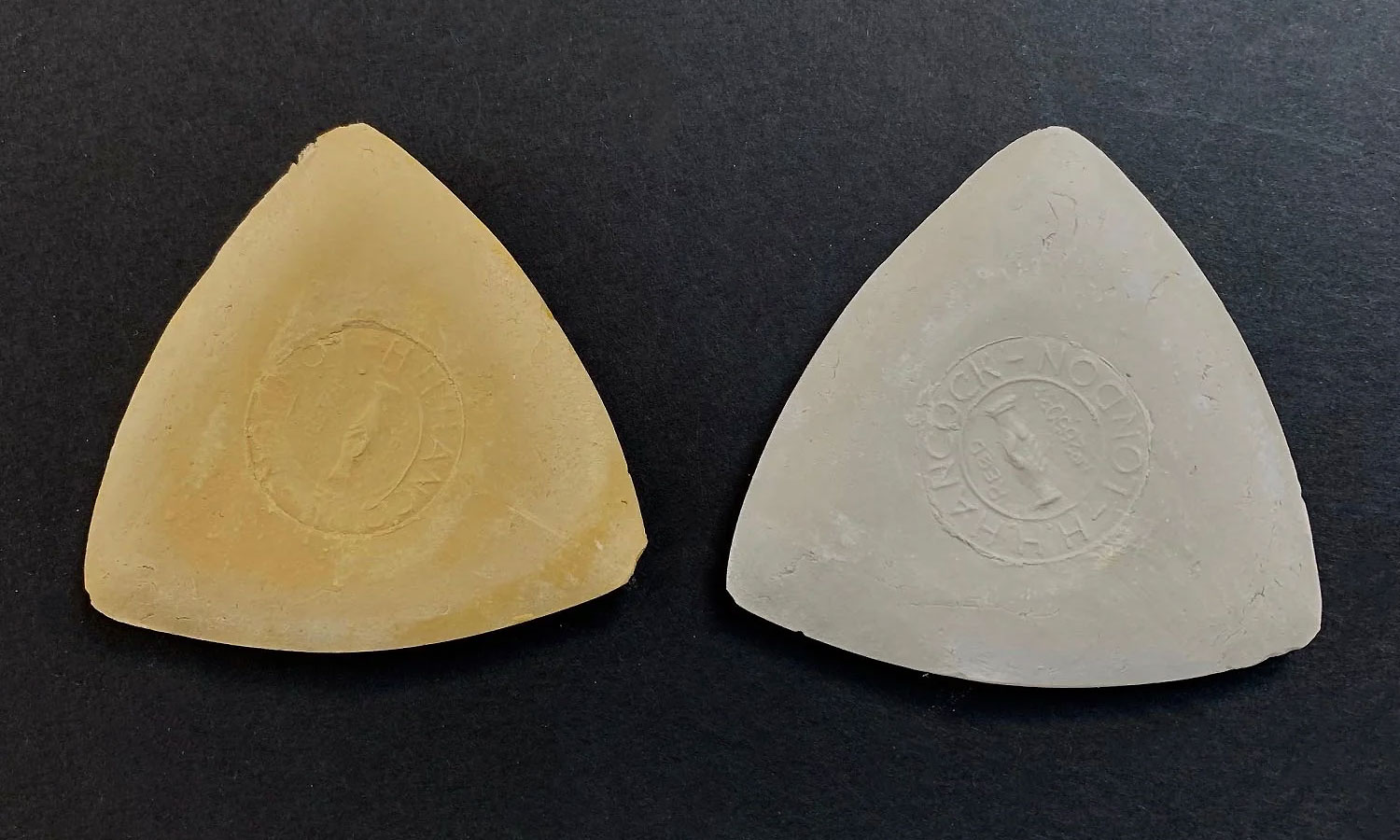
The tools
Known in the world of garment-making as “tailors’ crayons”, Hancock’s chalks are suitable for use on almost all cloths, and are easily removed.
Extensively utilised within both tailoring and upholstery, these essential tools are used to mark out lines on textiles, ready for cutting. Once the cut has been made, the remaining chalk can then be erased by carefully brushing it away.
Throughout Dugdale Bros’ illustrious history as a leading cloth brand, these are the chalks that we have continually recommended to our clients and customers. We believe that the heritage and lasting renown of the Hancock’s brand speaks for itself, and we are proud to have endorsed their products for over a century.
